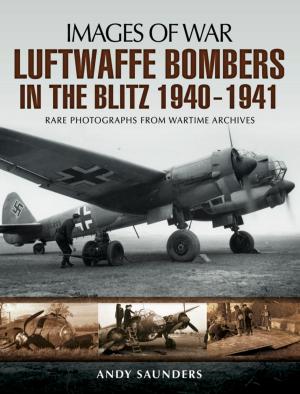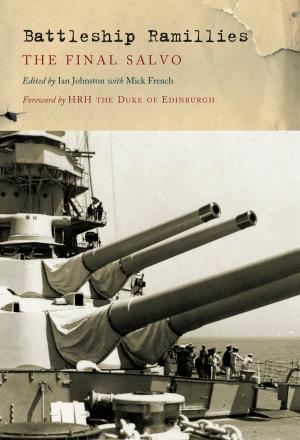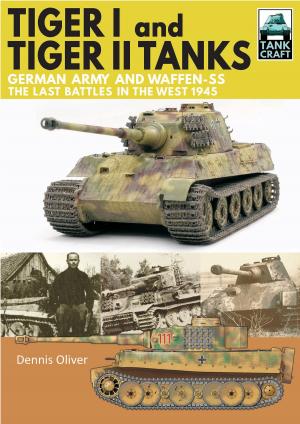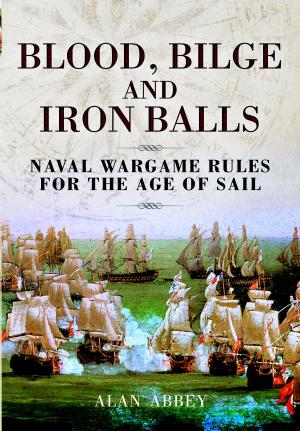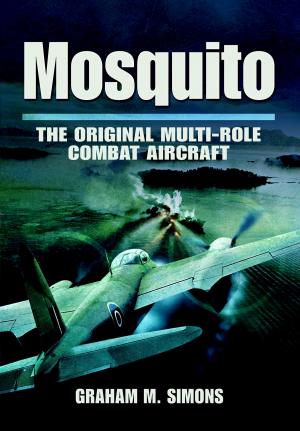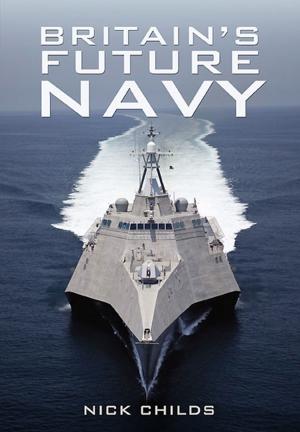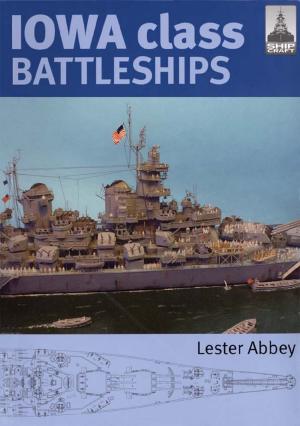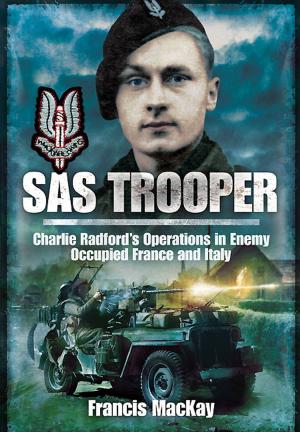Armoured Warfare and the Waffen-SS 1944-1945
Rare Photographs from Wartime Archives
Nonfiction, History, Military, Pictorial, Weapons| Author: | Anthony Tucker-Jones | ISBN: | 9781473877962 |
| Publisher: | Pen and Sword | Publication: | April 30, 2017 |
| Imprint: | Pen and Sword Military | Language: | English |
| Author: | Anthony Tucker-Jones |
| ISBN: | 9781473877962 |
| Publisher: | Pen and Sword |
| Publication: | April 30, 2017 |
| Imprint: | Pen and Sword Military |
| Language: | English |
Over 150 wartime photographs give a graphic snapshot of the dramatic tank battles fought by the Waffen-SS panzer and panzergrenadier divisions during 1944-5 on both the Eastern and Western fronts. By this stage of the Second World War these formations were at the height of their powers and took part in major armoured operations in Russia, France, the Netherlands, and Poland. As the Wehrmacht retreated the Waffen-SS played an increasingly important role. Most notably their panzers prolonged the war by staving off defeat at Arnhem and Wolomin, stabilizing both the Western and Eastern fronts at critical points in the fighting.
The photographs and the accompanying narrative record the contrasting conditions they faced on each battlefront and the weapons and equipment they used, especially the armored vehicles, including the Tiger and Panther tanks, which were among the best designs the Germans produced. But they also record the crimes committed by members of the Waffen-SS against civilians and captured enemy soldiers during the series of brutal, often desperate operations mounted to stave off German defeat.
Anthony Tucker-Jones's photographic history is a fascinating introduction to these elite units during the final phase of the fighting in Europe.
Over 150 wartime photographs give a graphic snapshot of the dramatic tank battles fought by the Waffen-SS panzer and panzergrenadier divisions during 1944-5 on both the Eastern and Western fronts. By this stage of the Second World War these formations were at the height of their powers and took part in major armoured operations in Russia, France, the Netherlands, and Poland. As the Wehrmacht retreated the Waffen-SS played an increasingly important role. Most notably their panzers prolonged the war by staving off defeat at Arnhem and Wolomin, stabilizing both the Western and Eastern fronts at critical points in the fighting.
The photographs and the accompanying narrative record the contrasting conditions they faced on each battlefront and the weapons and equipment they used, especially the armored vehicles, including the Tiger and Panther tanks, which were among the best designs the Germans produced. But they also record the crimes committed by members of the Waffen-SS against civilians and captured enemy soldiers during the series of brutal, often desperate operations mounted to stave off German defeat.
Anthony Tucker-Jones's photographic history is a fascinating introduction to these elite units during the final phase of the fighting in Europe.

